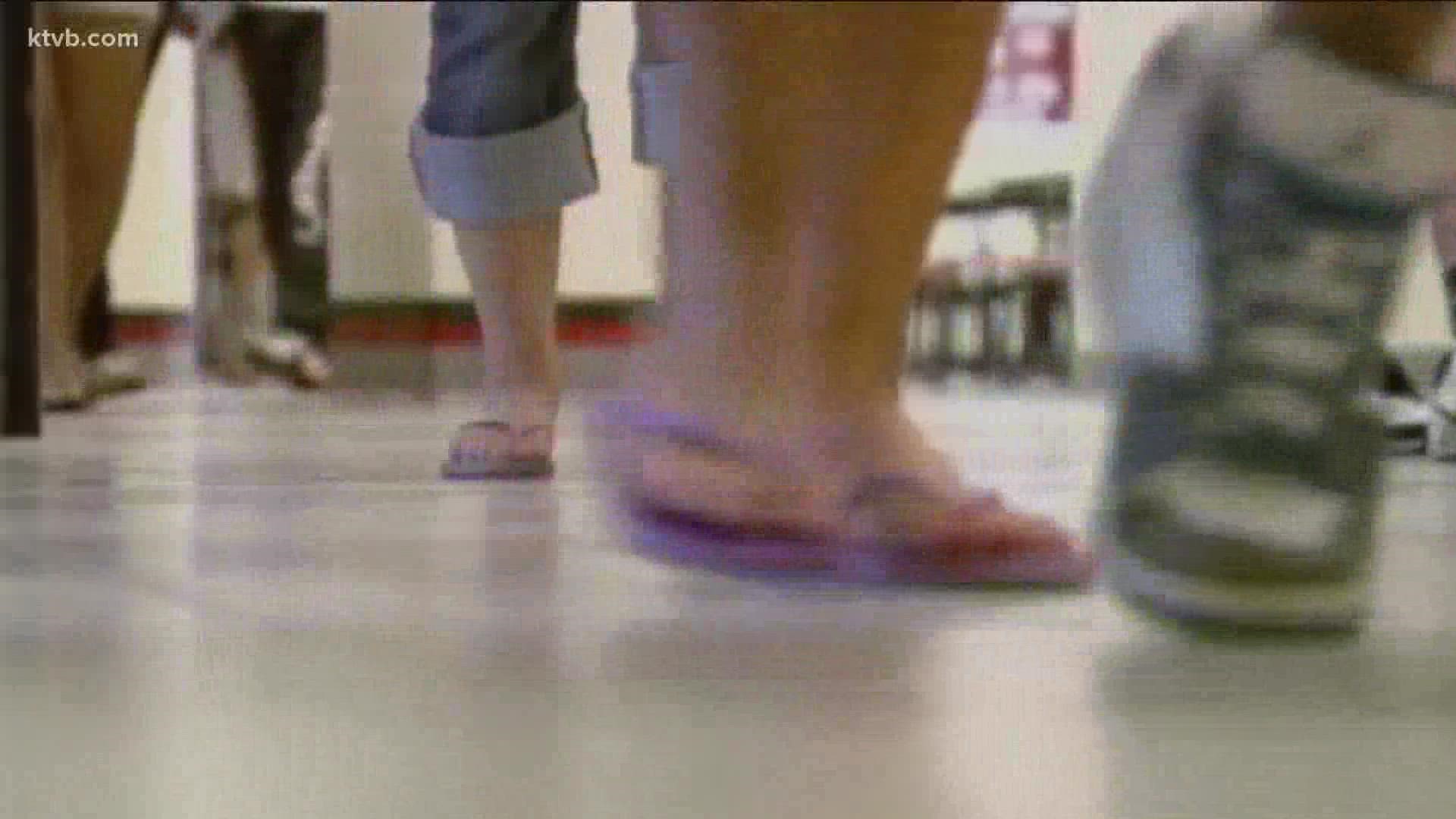BOISE, Idaho — More than a year and a half into the COVID-19 pandemic, the effects of isolation are taking a toll on those most vulnerable - children and teens.
The American Academy of Child and Adolescent Psychiatry and the Children's Hospital Association have declared a National Emergency over children's mental health in large part due to the pandemic.
"If your child or loved one had the flu or a heart condition, they would get the care that they need without question or judgment," said Nichole Warner, the director for Northpoint Imagine Program. "When we're looking at mental health, as a caring adult, to be able to offer that validation in a non-judgmental, accepting way and remove that stigma would be really helpful."
Northpoint Imagine is a program for kids ages 12 to 17 who suffer from mental health challenges. They offer a partial hospitalization program for adolescents, where they can spend the day at a facility to get treatment for their mental health and return home to their families at night.
According to Mental Health America, 60% of youth in the U.S. with major depression are not receiving treatment. Imagine Program hopes to fix that.
The Imagine Program currently sees anywhere between 15 to 25 clients a day at its facilities in Boise and Nampa, which Warner said is the maximum allowed.
Warner and her team have seen an increase in anxiety, depression and even suicidal thoughts, which she added is in correlation with isolation and feeling of loneliness caused by the pandemic.
Warner said those left untreated sometimes turn to substance abuse or other damaging outlets, like what Tucker Brickey experienced growing up.
"I can't imagine having to go through that especially having the anxiety and depression that I had, how much worse it would have been," said Brickey, the outreach specialist for the Boise Northpoint Recovery.
Brickey began using drugs and alcohol when he was 16 years old, which turned into an addiction that lasted more than 20 years. He used it as a way to cope with depression and anxiety.
"Some of my earliest memories, my mother called them 'funks,' there would be sometimes days, sometimes weeks where I would get really quiet and go into a deep depression," Brickey said.
Growing up in a small community 30 miles west of Portland, Brickey didn't feel there was any education or resources out there to guide him on his mental health journey.
"My parents were loving, they were supportive but I mean, I don't even know if we knew what depression and anxiety were," Brickey explained.
According to Mental Health America's annual report, Idaho ranks second to last when it comes to the prevalence of mental illness and access to care and resources. Warner sees the discussion surrounding mental health improving, but she believes there is a long road ahead to ending any negative stigma behind it.
"Ask questions, keep the conversation going and there are lots of resources online in terms of talking points and approach those conversations," Warner said.
Brickey, who has been in recovery with Northpoint for four years, said if he was asked more questions, maybe things throughout his life could have looked different.
Warner emphasizes for those who are worried about someone in their life, whether it's a child or adult, ask them if they're ever having negative thoughts like suicide. She said it will never hurt to ask. The National Suicide Prevention hotline is 1-800-273-8255. It operates 24/7 in English and Spanish.
Facts not fear: More on coronavirus
See our latest updates in our YouTube playlist:

